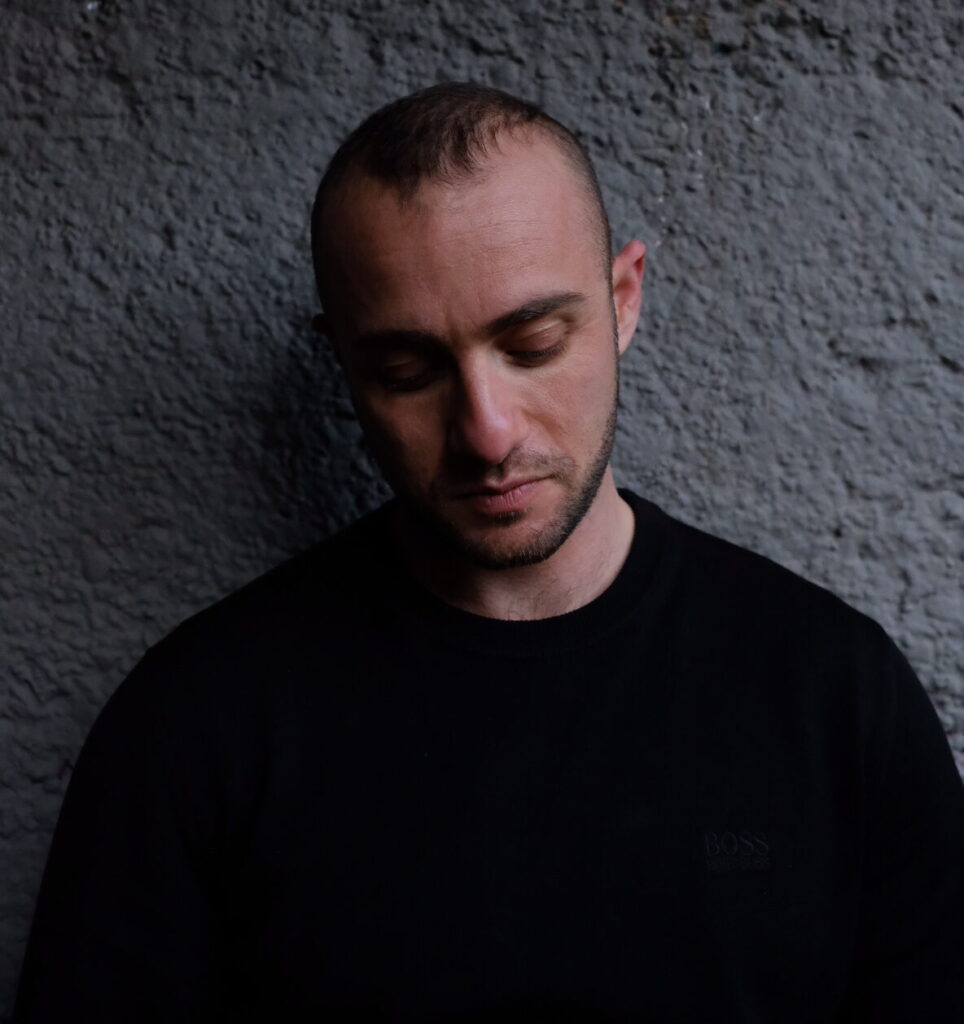In Edge of the World, a new anthology of queer travel writing edited by Alden Jones, 16 authors contribute essays on their perceptions of other cultures and their experiences as LGBTQ2S+ people in cultures that are not their own.

With a mixture of wit, wisdom and acute observation, the contributors take us on a trip around the world to Spain, Ukraine, Cuba, New York City, Ecuador, Cambodia, Russia, Senegal, Berlin, Paris and beyond.
Here is an excerpt from the essay “Future Past,” by Calvin Gimpelevich, author of the 2018 story collection Invasions, an NEA fellow and recipient of the 2020 Markowitz Emerging Writers Award, one of the Lambda Literary Awards.
The doorman looks at Markel and asks if she knows the name of the event we are trying to enter.
“Hello, Daddy,” she says. This is a bearish event; he’s asking because the two of us together look straight. He provides stickers to cover our cell phone cameras. The location is semi-industrial, East Berlin, off the main strip. Inside are sweaty, hairy Arabic- and German- and
Hebrew- and English-speaking men with their shirts off. It’s noon. The party has been going since the previous night and will last another two days. We make our way through the smoky warren, a maze that leads to bathrooms and a dance floor, to a bright patio with a second DJ.
We are here instead of at the exhibit in another club on Tresor, Germany’s first post-reunification electronic venue. After Communism, formerly forbidden Western musicians ventured east to make clubs. East Berlin was full of abandoned industrial spaces; of buildings expropriated by Communists or Nazis whose ownership became uncertain, unclaimed. Tresor started in a bank vault. The exhibit is described as a mixture of sound installation, history, and active nightclub, with an apparent one-to-one scale beige sand recreation of the club as it stood before shuttering. It turns out the club scene is not timeless or modern, but bound in history in its own way. Berlin’s techno clubs are officially recognized cultural institutions, like theaters and museums, reflecting their centrality to the city’s economy and culture.
The centrality is hard to argue. On one evening Markel and I—trying to find DJ friends—climb three sets of identical piss-scented, glass-and-graffiti-covered stairwells to find three bored-looking bouncers guarding the entrances to three different clubs whose only difference is the subgenre of techno playing, too subtle for me to distinguish. In truth, I would rather be at the exhibit, contemplating dance music’s role in reunification culture, than partying. Queer community, in my life, wound up being more about support and friends and meal trains, about organizing art shows and signing petitions; in other words, about continually responding to the reality of circumstances and carving a niche within them. These alternative spaces are just one aspect in a larger practice of site repair.
I am thinking of the moment I flew across the United States for a family crisis, with no luggage and no sleep, to a city whose queer community I had invested heavily in and who came out for me in a moment of need: lending clothing and cars and cell phone chargers, listening, cooking, shipping my hormones, making up guest beds. Nothing about that week was utopian, but in the flawed present, built on flawed past, queerness offered respite, a way of being inside the storm. That care, as much as the temporary and explicitly queer spaces made in nightlife and other niches, allows survival and expansion within the happenings of the world.
At the Hello Daddy party, a few men are naked, drugs—powders—proliferate in the restrooms. Apart from this, nothing is guarded by the stickers on our cell phone cameras, but it isn’t bad to escape the realm of selfies and digital record, to be wholly in this queer pocket in an alternative space.
Daylight drenches the patio, but inside the main space holds darkness, smoke machines, artificial changing lighting, the loss of perception of time. Repetitive music, sets bleeding into each other, heightening timelessness—this present bleeding into my last trip, to any point, day or night, at any rave. I am in a dark room pressed with bodies, and we are dancing, dancing.
“Future Past” by Calvin Gimpelevich was first published in Edge of the World, edited by Alden Jones (Blair, 2025). Reprinted here by permission.


